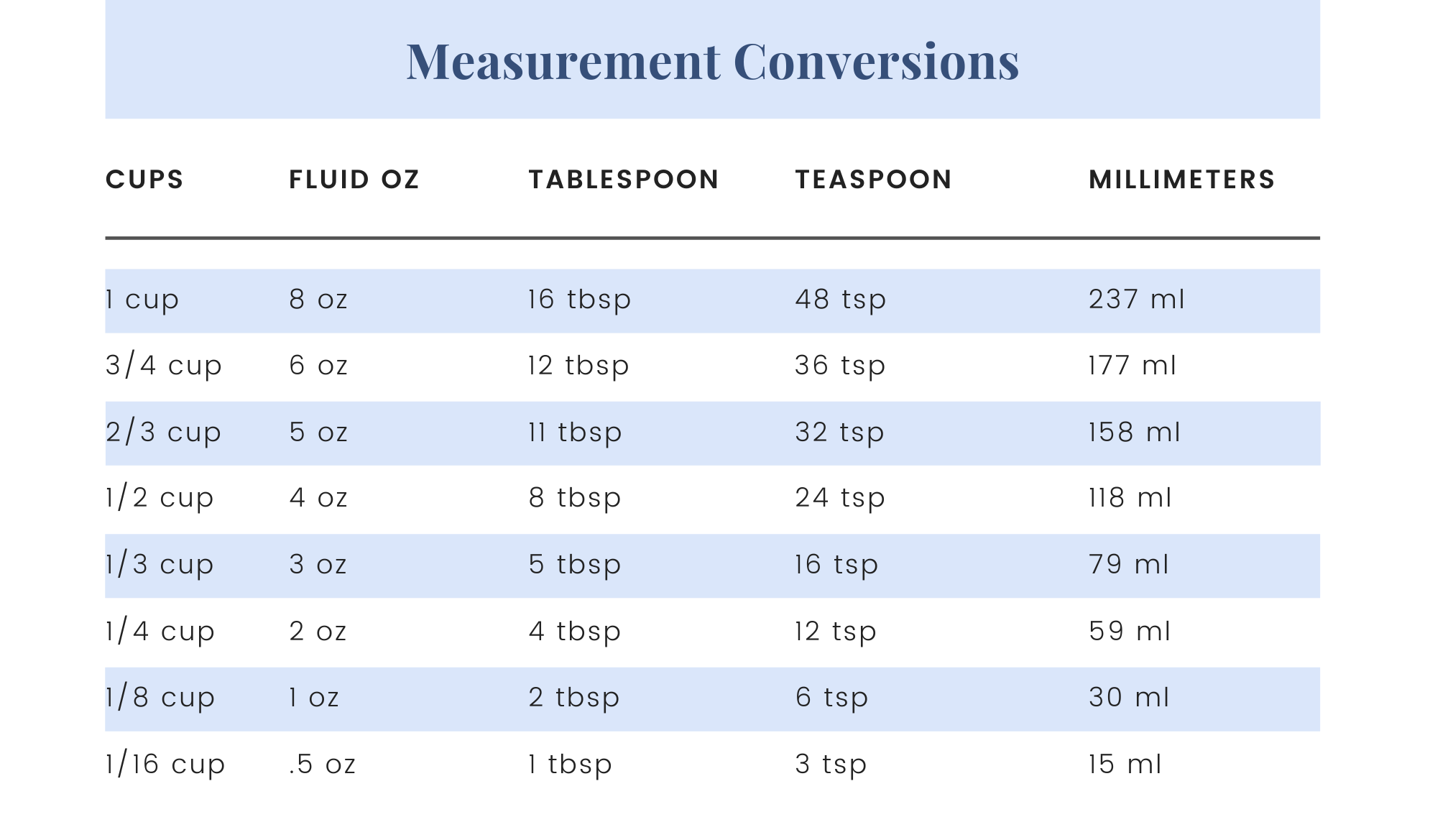Adopting a new way of eating or diet for hypothyroidism requires preparation. Keeping your kitchen, pantry, and fridge prepared is the key to success.
Organize your kitchen
To start, set aside some time to clean out the kitchen! Take everything out of your pantry and refrigerator. Discard or donate the foods you won't eat anymore to make room for the thyroid-healthy foods that will support your healing.
Buy clear bins, chalk markers, or anything else you need to organize and see all your food. Being able to see your food is important so that you don't let things spoil, and you stay inspired by the vibrant colors and textures. Keep your vegetables and healthy snacks at eye level, making them more likely to grab.
Take inventory once a week to ensure that you don't waste money on things you don't need while getting everything you do.
If your partner or housemate eats differently
If you're giving up a certain kind of food, but someone else in your house still needs or wants those things, ask if you can create a section exclusively for their foods or if they might be willing to make some healthy swaps with you. Keep vegetables and healthy snacks at eye-level, and put your housemate's other foods in an opaque container on a higher shelf to keep them out of sight and out of mind. Of course, your healing is the utmost importance to you, so ask your partner or housemate for the support that you need.
Have essential kitchen tools on hand
You do not need to have a lot of special or fancy equipment, but having some essentials on hand makes food preparation and cooking a lot easier and more enjoyable. Beside sharp knives and a vegetable peeler, we recommend:
Blender and/or food processor
A food processor is used to blend, chop, dice, and slice, allowing for quicker meal preparation. It typically requires little to no liquid during use, unlike a blender, which requires some liquid for the blade to properly blend the food. A blender is excellent for blending soups and smoothies, and thickening soups and stews without using thickeners.
Slow cooker
A slow cooker, also known as a crock-pot, helps you make delicious food without needing to attend to it by leaving it at a low temperature for many hours. Cooking in a large-capacity slow cooker is a great way to cook once and eat twice. You can make a big batch of something and eat it for the rest of that week, or slow cook ahead of time and freeze meals to eat later.
Pots and pans
You will need a collection of pots and pans, including small, medium, and large saucepans, baking sheets, and baking pans. Some nonstick cookware may contain toxins that can exacerbate thyroid, autoimmune, and inflammatory disease. The process of making Teflon® uses a human-made chemical called perfluorooctanoic acid (PFOA) (though much of it burns off during the process and does not present in significant amounts in the final products), which may correlate with irregular thyroid hormone levels.
Storage containers
We recommend glass storage containers, though you may opt for plastic. Most companies have removed Bisphenol-A (BPA) from their plastic packaging, but there are still some products that contain this endocrine disruptor. BPA acts like estrogen in the body and raises estrogen levels in both men and women.
Understand kitchen measurements

Grocery shopping tips
Each of us is unique with individual sensitivities, so there is no one-size-fits-all diet nor grocery list. That said, we can recommend ways to shop that may support your overall health. We recommend buying whole, nutrient-rich foods, and avoiding processed foods. Instead of getting caught up in label jargon, try to stick to these two basics:
- Shop non-GMO and organic, if possible
- Buy grass-fed and wild-caught meats and fish
You can use the Environmental Working Group's dirty dozen and clean fifteen lists to guide your grocery shop.
To make things more efficient, come snack or mealtime, stock up on staples so you can cut down on decision-fatigue. Also, buy pre-made food. Again, not the yucky processed stuff, but things like pre-chopped vegetables, which will cut down on cooking or prep time.
What to buy at the grocery store
Pantry staples
- Canned fish
- Canned or dried beans
- Lentils
- Nuts and seeds
- Nut and seed butters
- Bone broth
- Canned tomatoes, tomato paste, or sauce (unsweetened)
- Nutritional yeast
- Grass-fed ghee
- Extra virgin olive oil
- Unrefined coconut oil
- Avocado oil
- Apple cider vinegar
- Red wine vinegar
- Balsamic vinegar
- Coconut aminos
- Sea salt
- Black pepper
- Turmeric
- Ginger
- Garlic
- Onion
- Cumin
- Coriander
- Chili powder
- Paprika
- Italian seasoning
- Nutmeg
- Cloves
- Cacao powder
- Almond or coconut flour
- Arrowroot starch
- Gluten-free oats or oat flour
- Baking powder and soda
- Medjool dates
- Maple syrup
- Honey
Fridge Staples
- Unsweetened dairy-free milk
- Full fat, unsweetened yogurt
- Eggs
- Wild-caught fish or grass-fed meat
- Avocados
- Leafy greens
- Lemons/limes
- Berries
- Fresh herbs
- Onions
- Vegetables of choice (even cruciferous veggies are okay!)
Freezer staples
- Frozen organic fruit and veggies
A note from Paloma Health
Preparing your kitchen is key to keep you on track with your thyroid-friendly diet, especially when life gets busy. If you need additional support, you can schedule a call with a Paloma Nutritionist to keep you focused on your optimal thyroid health.













